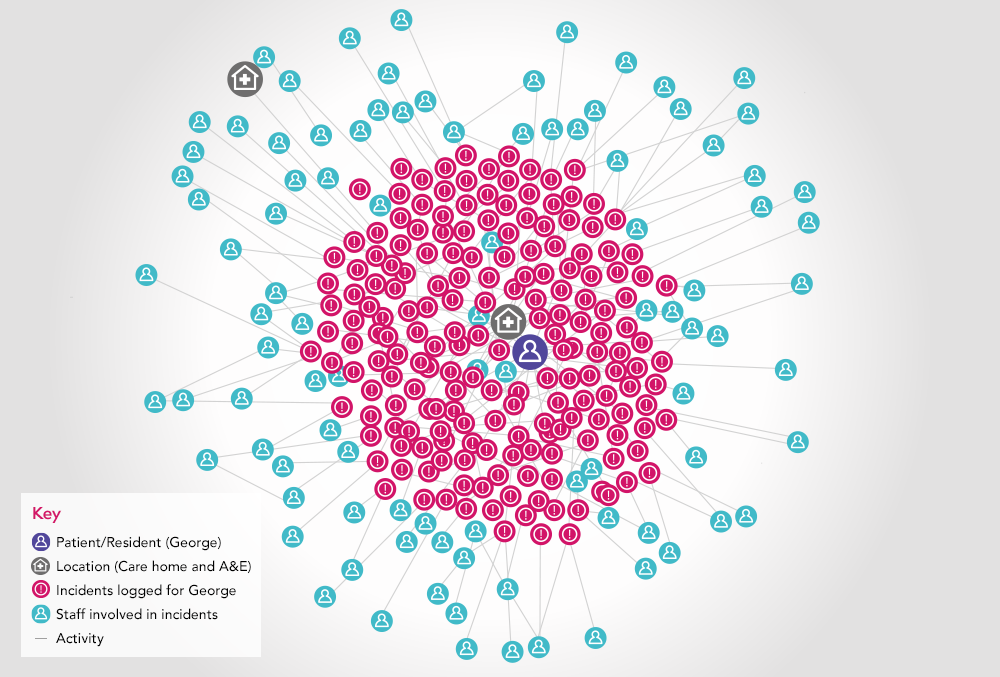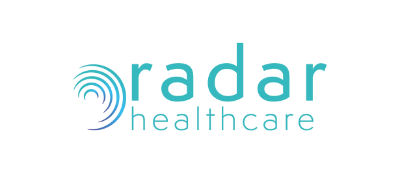A data-driven approach to quality improvement in healthcare
30 August 2019
Tags:
With NHS chief Simon Stevens calling on tech firms to help the health service become a world-leader in the use of artificial intelligence (AI) and machine learning, there’s an increasing need for organisations like ours to deliver algorithm-based and data-driven systems that more effectively support health providers both operationally and clinically.
We’ve been doing a lot of work around this recently, aiming to establish how the use of AI could support impact assessments and decision-making from ward to board; and not only within the NHS but the wider health and social care ecosystem as well.
We hear a lot about the use of AI to support care pathways and clinical decision-making with at-home health monitoring, assisted living through smart devices and virtual companions but how can AI support healthcare providers from an operational point of view?
How do we help them understand the needs of their patients or service users and ensure they have the information they need to make the decisions required to deliver the best possible care?
If we take George as an example. George is 77 years old and has vascular dementia – he lives in a residential care home. The nature of George’s dementia means that he sometimes exhibits challenging behaviour towards both the caregivers and other residents. One episode resulted in George being admitted to A&E. Each time this happens, his care assistants are required to log an incident.
Incident logging in this particular care home is a manual, paper-based process and with regular shift changes and a high staff turnover, nobody has full oversight of the true impact George’s challenging behaviour is having. Over time, George’s challenging behaviour continues and incidents continue to be logged in the same manner.
So, what would be different with a digital approach?
With a centralised repository for incident reporting and data analysis, we could start to build a visual story of George’s activity and the impact it has on the care home operationally. If we look at the diagram below…

We can see that this one resident requires a large amount of resource to manage his needs which could be impacting on the quality of care and safety of the other residents.
Using this insight, the care home could decide they need more resource to manage the situation or they could determine that they don’t have the expertise to effectively manage George’s complex needs and that it would be in his best interest to move to a care home that can provide a more specific regime of care.
Regardless of the outcome, decisions of this nature are arbitrary without the information (data) to justify them.
This data analysis can provide decision support and help health providers move to a more person-centred planning model where trends can be mapped but with an understanding that no ‘one size fits all’.
What other benefits could this data analysis have?
As we start to build up a baseline of activity and data, putting thresholds in place to monitor behaviour patterns and automate notifications around concerns that may need addressing, healthcare providers can start to become more operationally intelligent.
Care providers can be alerted of the consequence of dealing with something in the same way again.
Risk assessments can be based on a solid understanding of previous activity.
Evaluation around the cost of specific incidents or events can be easily carried out.
And this can all be used to build specific workflows in your quality improvement software which facilitates automation, encourages sharing of best practice and can help to deliver an agile approach to continuous improvement.
If you’d like to find out more about Radar Healthcare’s quality and compliance software and our innovation roadmap to meet the needs of the health and social care sector then please get in touch.







